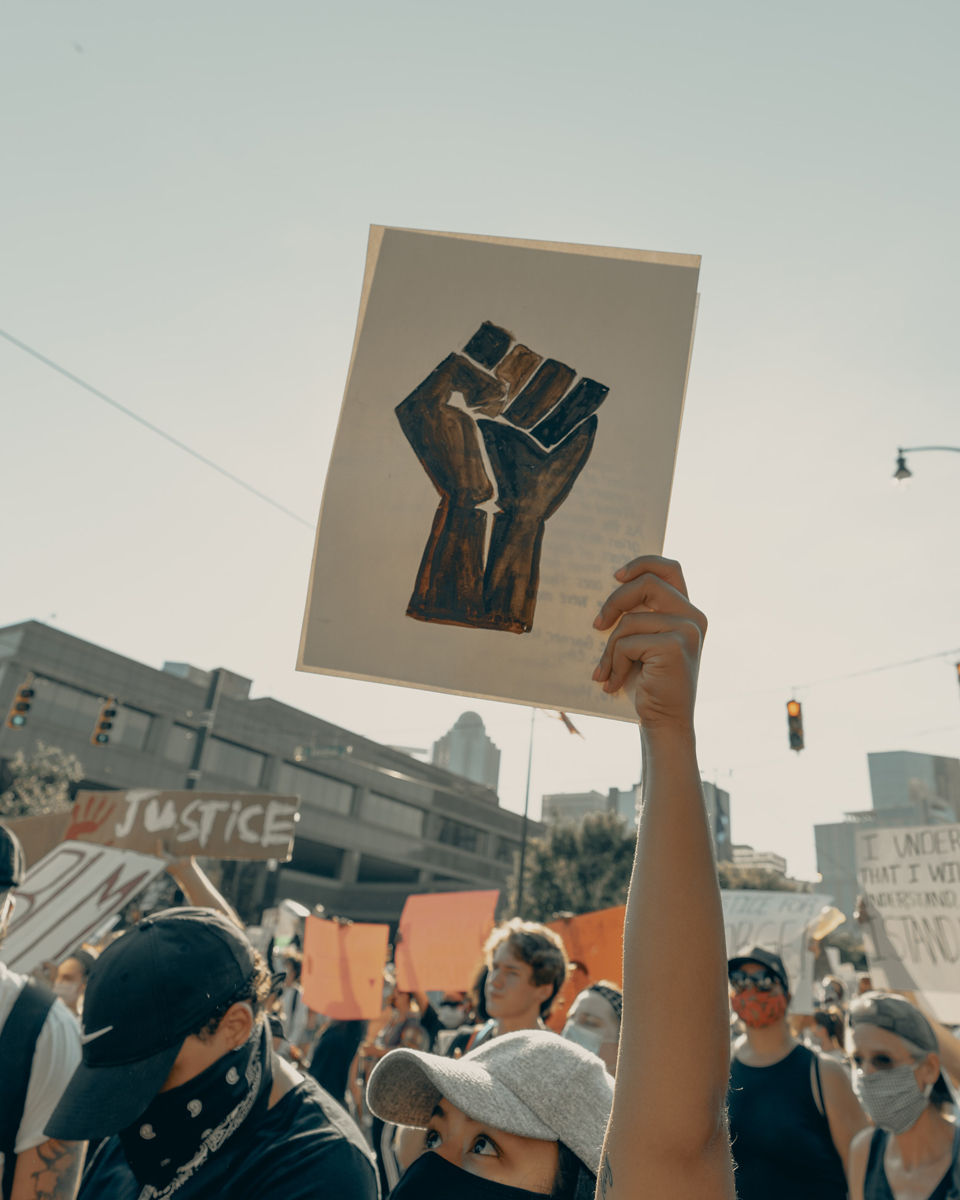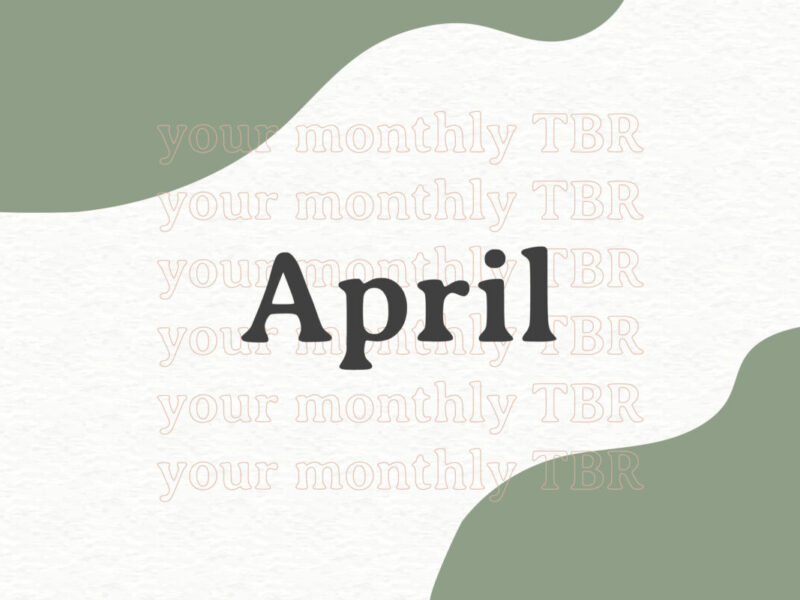5 Poetry Collection and Activist Book Pairings
Though writers might not think of themselves as activists, poets frequently contribute to and even lead social movements. From Langston Hughes’ powerful anti-segregation poetry to the modern-day rise of ecopoetics, poets continue to speak out on the biggest issues of their time.
Pairing this reflective verse with books on the practice and tools of political organizing will help literary world-changers make deeper connections between words and actions. Consider alternating between a few poems and a chapter of nonfiction to learn how both can inspire us to push for a better, more equitable world.
1. Don’t Call Us Dead by Danez Smith and How to Be an Antiracist by Ibram X. Kendi
How to Be an Antiracist soared to the top of bestseller lists in 2020 amidst police brutality and the pivotal rise of the Black Lives Matter movement. Ibram X. Kendi, who formed the Center for Antiracist Research at Boston University and won a National Book Award for Nonfiction, weaves together wide-ranging, intensive research and personal experiences, creating an engrossing read that argues it’s not enough to be not racist—instead, one must actively be anti-racist.
Danez Smith’s Don’t Call Us Dead, winner of the National Book Award for Poetry, similarly spotlights the everyday experiences and effects of police brutality and anti-Black violence. Just as Kendi sets forth a bold, anti-racist vision, Smith not only viscerally depicts the horrors Black men and boys currently endure, but the brighter, more beautiful futures they deserve.
2. Heart Talk by Cleo Wade and All About Love by bell hooks
Cleo Wade’s bestselling Heart Talk promises to offer “poetic wisdom for a better life.” As its title suggests, it centers around the heart and the role of love, encouraging us to get more in touch with these vital forces. Wade instructs readers on how to more healthfully love others, as well as advocates for unabashedly loving yourself.
bell hooks’ foundational and essential text All About Love also explores love as a powerful and reverent concept. Specifically, hooks resists the idea that love is a shallow, surface-level emotion and only relevant to romantic relationships. Instead, hooks examines love as a political force, a way of building community, and an unbreakable strategy for resisting systems like patriarchy, racism, and sexism.
3. One Big Self by C.D. Wright and We Do This ‘Til They Free Us by Mariame Kaba
One Big Self shows the late C.D. Wright’s multimodal writing at its absolute best. The MacArthur fellow blends poetry and investigative journalism—along with collaborator Deborah Luster’s photography—to illuminate the injustice, exploitation, and isolation currently at play in American prisons.
While Wright focuses on the personal stories in her home state of Louisiana, abolitionist organizer Mariame Kaba looks at the role of prisons nationally and globally. In doing so, she imagines pathways and models for restorative justice and defying the police state.
4. The Erotic Spirit: An Anthology of Poems of Sensuality, Love, and Longing, edited by Sam Hamill and Pleasure Activism: The Politics of Feeling Good by Adrienne Maree Brown
Political organizing can often feel tiring, enraging, and even depressing, as organizers struggle to craft a bridge between current reality and the world we deserve. As valid as these feelings are, however, organizers can’t persevere without the radical antidote of joy.
In Pleasure Activism: The Politics of Feeling Good, feminist writer and activist Adrienne Maree Brown pays tribute to the rich communities organizing can foster, the role of the erotic in social movements, and the undeniable importance of self-care. By finding joy, she notes, activists refuel themselves to continue making strides for change. The Erotic Spirit: An Anthology of Poems of Sensuality, Love, and Longing similarly enforces the significance of pleasure, arguing that we should take our joy and erotic expression seriously.
5. The Art of Work by Jen Fitzgerald and Beaten Down, Worked Up: The Past, Present, and Future of American Labor by Steven Greenhouse
Poetry has often been seen as elitist and separate from daily, material concerns. But the genre has an undeniable history of uplifting working-class voices, as seen throughout the Harlem Renaissance, the Beat generation, and beyond. In The Art of Work, socialist poet Jen Fitzgerald showcases the experience of food service and meat factory workers in particular. By shedding light on how joyless this work can be, Fitzgerald makes room for the unexpected joys of class solidarity and revolution.
Beaten Down, Worked Up—an expansive journalistic feat praised by critics at The New York Times Book Review, The Washington Post, Kirkus, and more—takes a broader look at the modern face of American labor. By interviewing and showcasing the stories of everyone from teachers to Uber workers, Steven Greenhouse illustrates a sobering, decades-long decline in worker power and the fierce, growing movement attempting to get it back.
Looking to get more involved in fighting for social change? Read our article on concrete ways to make a difference through poetry.




